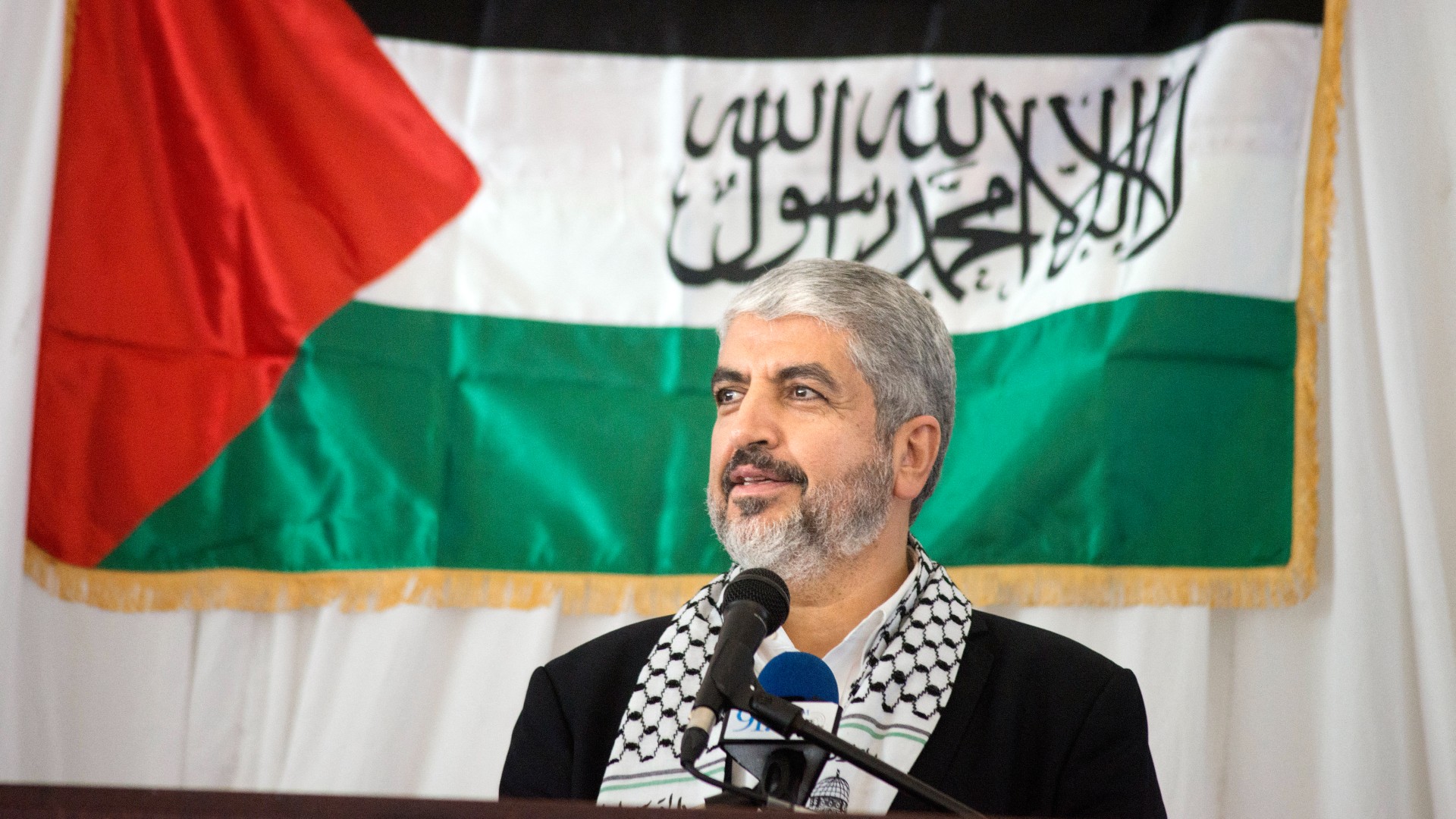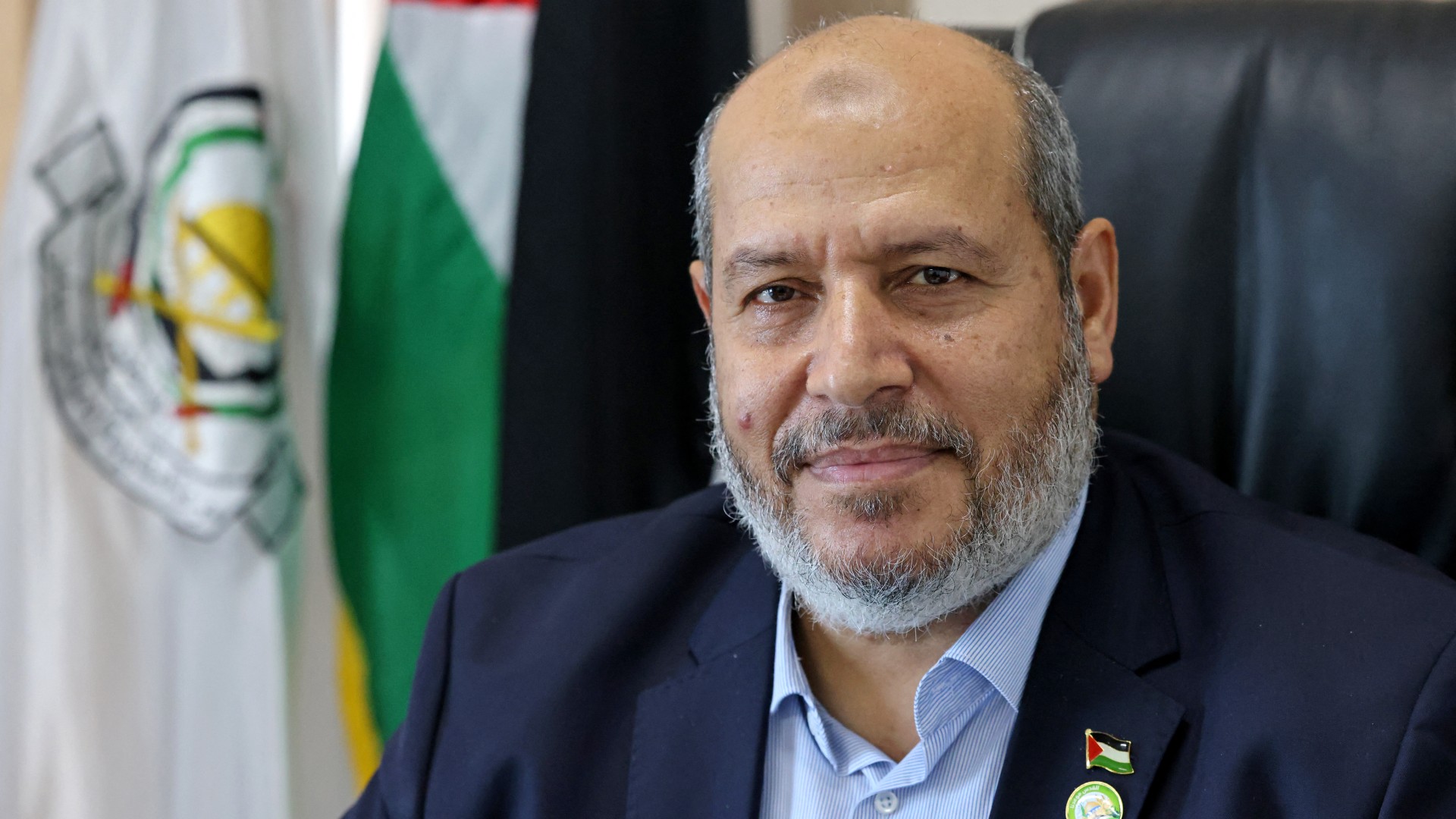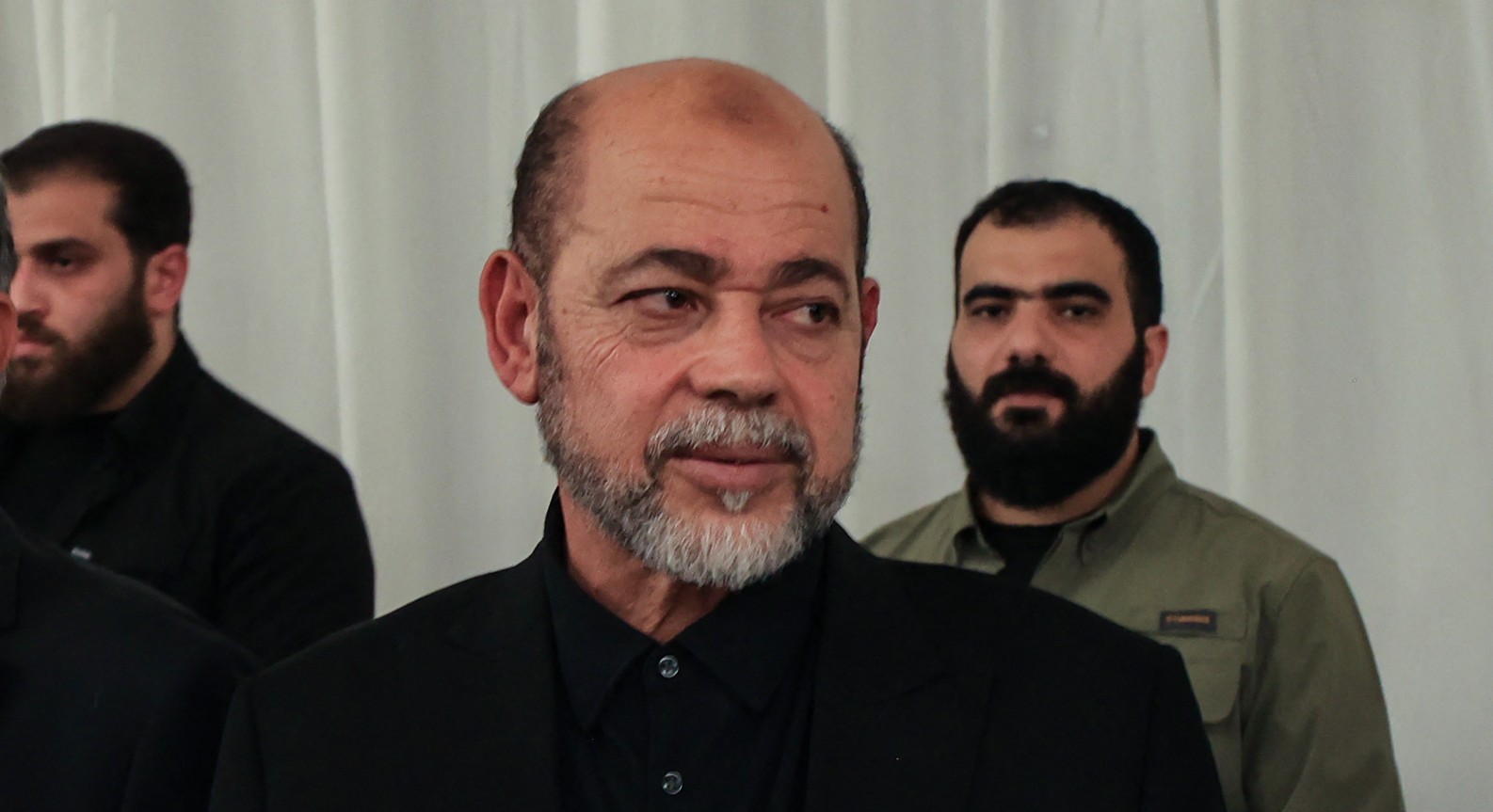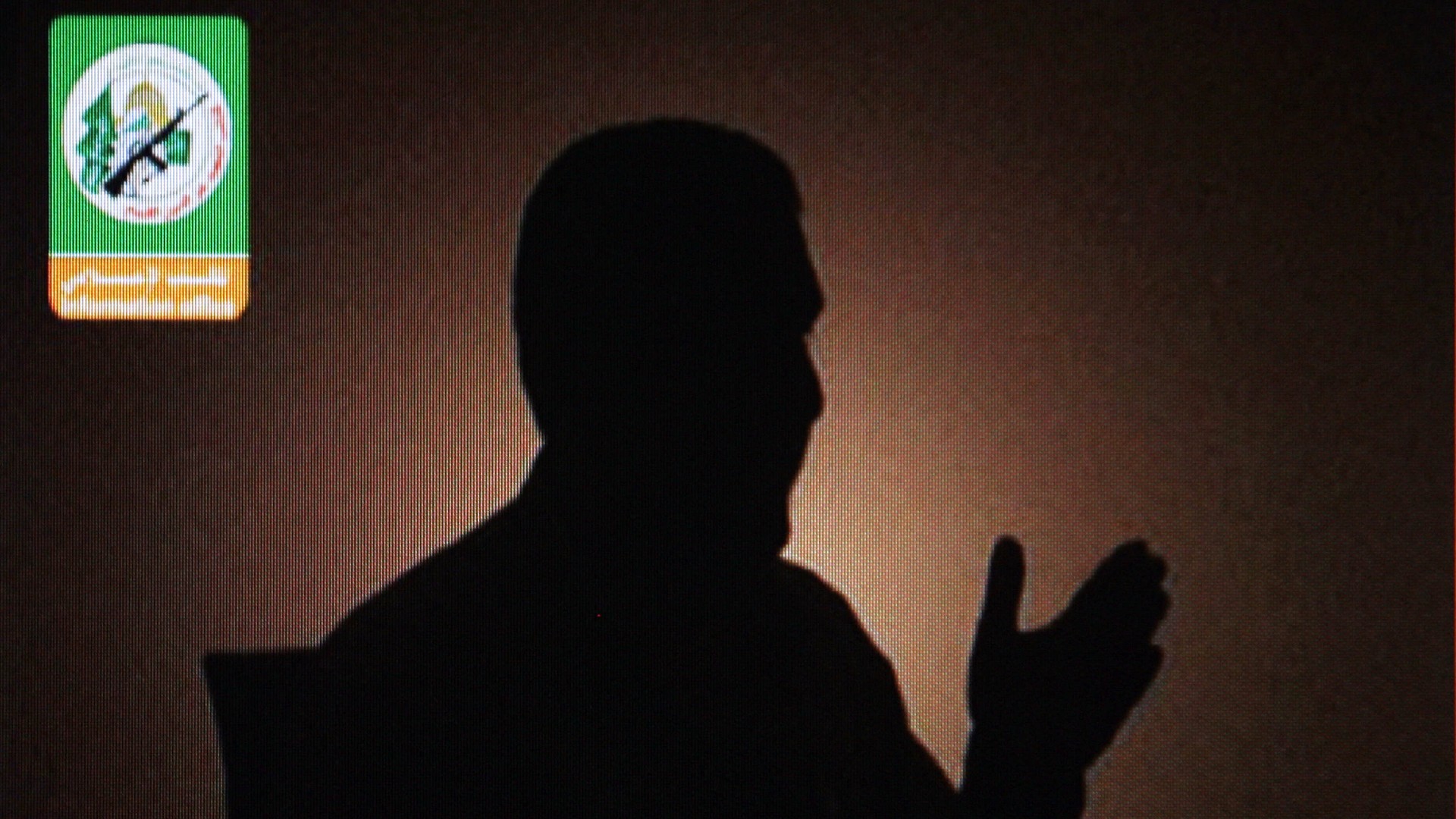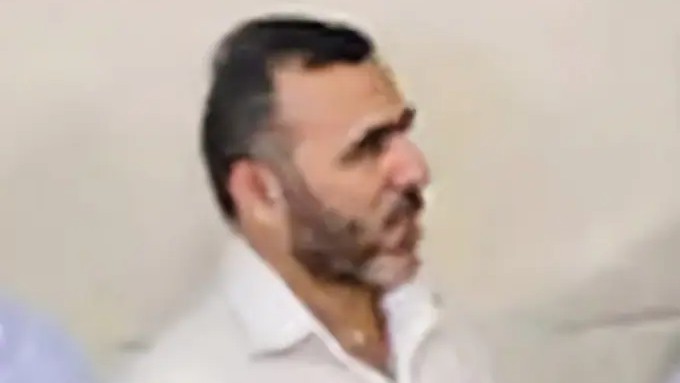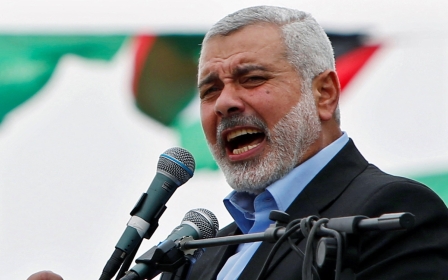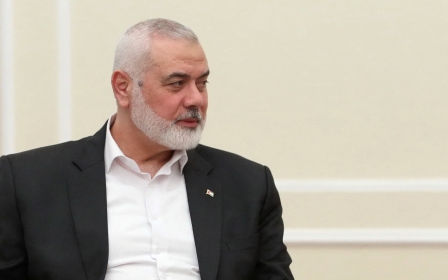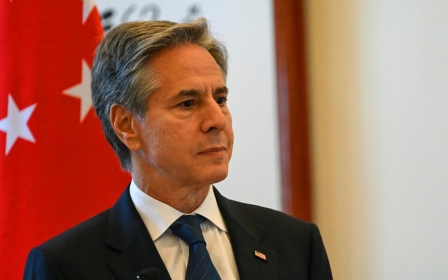Hamas: Who are the group's key leaders?
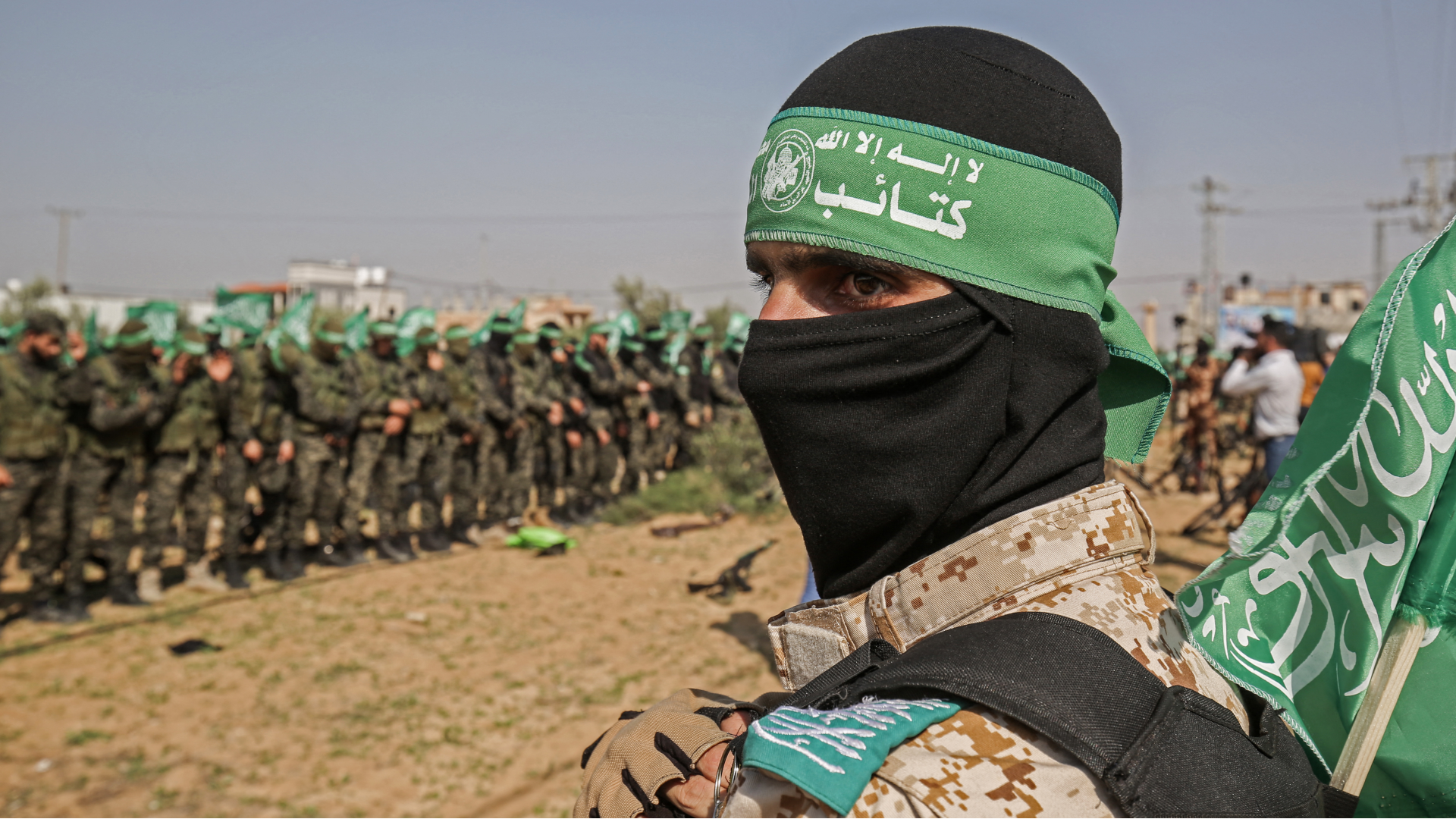
Born out of the first uprising or 'Intifada' against Israel's occupation of Gaza and the West Bank, the Palestinian movement Hamas claims it's a freedom-fighting group trying to free Palestinians from Israeli subjugation.
The group, which was founded in December 1987 by Sheikh Ahmed Yassin, a Palestinian cleric who later became an activist, defines itself as a "Palestinian Islamic national liberation and resistance movement," using Islam as its frame of reference.
Originating as an offshoot of Egypt's Muslim Brotherhood, Hamas established its military wing, the Izz al-Din al-Qassam Brigades, to pursue the armed struggle against Israel with the aim of liberating historic Palestine.
But in 2017, the movement announced in its revised charter that it accepted the idea of a Palestinian state within the 1967 borders, without recognising the statehood of Israel.
In recent years, many of the group's high-ranking men have kept a low public profile in Gaza, evading assassination attempts by Israel, whilst others affiliated with the movement have opted to live in exile - mostly in Qatar, but also in Iran, Lebanon and Turkey.
New MEE newsletter: Jerusalem Dispatch
Sign up to get the latest insights and analysis on Israel-Palestine, alongside Turkey Unpacked and other MEE newsletters
Generally those residing in Gaza are believed to be more involved in military operations against Israel, whilst the political leadership is based abroad.
Since Israel declared its war on Gaza, several of Hamas' senior leaders have been confirmed to have been killed in Israeli strikes, including former politburo chief Ismail Haniyeh, and his successor Yahya Sinwar.
So, who are Hamas' most prominent figures running the group in what has become the enclave's deadliest-ever war?
Khaled Meshaal
Khaled Meshaal is one of the founding members of Hamas and also regarded as one of the group's chief negotiators in attempts to broker a ceasefire in Gaza.
Born in the West Bank, his family fled to Jordan after the Six Day War, and he later spent time in Kuwait.
Meshaal's father had worked in the Gulf nation when it was known for being a hotbed of Arab nationalism and pro-Palestinian sentiment.
Once Hamas was founded in 1987, Meshaal led the Kuwait chapter of the organisation, but left the country when Iraq invaded in 1990. He later moved to the Jordanian capital, Amman.
In 1997, Israeli Prime Minister Benjamin Netanyahu sent a two-man hit squad to kill Meshaal in Amman who entered the country with forged Canadian passports.
The agents attempted to inject a slow-acting lethal chemical into his ear on a public street, but the operation was botched and the men were soon arrested.
At the time, King Hussein, the leader of Jordan, was outraged by the attack and rushed to negotiate a deal whereby Netanyahu would send over the antidote.
Following the incident, he was dubbed a "living martyr" by his supporters and would later become the recognised head of Hamas after the assassination of both Yassin and his successor Abdel Aziz al-Rantisi in 2004.
Under his leadership, Hamas won the majority of the seats in the Palestinian legislative election in 2006.
Meshaal stepped down as Hamas' politburo chairman at the end of his term limit in 2017 and became the head of the group's political bureau abroad.
Khalil al-Hayya
A high-ranking Hamas official based in Qatar, Khalil al-Hayya has represented the Palestinian group in negotiations with international mediators for a ceasefire in Gaza.
Born in Gaza in 1960, Hayya is first reported to have met Yassin in 1980, some seven years before Hamas was formed.
One of the earliest members of Hamas' political wing, Hayya went onto hold several positions in student and workers' unions, and was elected to the Palestinian Legislative Council (PLC) in 2006.
In 2007, during a botched Israeli assassination attempt against him, a number of his family members were killed by Israel, including his wife and three children.
Since then, he has played a key role in negotiating a ceasefire with Israel during the 2014 war on Gaza and in 2022, travelled to Damascus to formalise the restoration of ties with the Syrian government after ties frayed following the Arab Spring uprisings and Syrian civil war.
Mousa Abu Marzouk
One of Hamas' co-founders, Mousa Abu Marzouk is a member of Hamas' political bureau and previously served as its deputy chair under Meshaal.
Born in Rafah in 1951, he studied engineering in Cairo before relocating to the United States where he received a master's degree in industrial sciences and began a doctoral engineering program at Louisiana Tech University.
Whilst in the US, Marzouk helped found a number of Islamic institutions, including those focused on the Palestinian cause. After leaving the US in 1992, he moved to Jordan where he lived until being expelled in 1995.
Following his expulsion, he attempted to return to the US but was arrested in New York where he was detained by authorities after Israeli authorities charged him with financing and helping attacks in Israel.
After spending 22 months in a Manhattan prison he agreed to relinquish his permanent residence status in the US and said he would not contest the terrorism accusations that led to his detention.
The US then deported him to Jordan.
According to reports, Marzouk split his time before the war on Gaza between Egypt and Qatar.
Mohammed Deif
Mohammed Deif has led Hamas' military wing, the Izz al-Din al-Qassam Brigades, since 2002 and helped engineer the network of underground tunnels that run under Gaza and into Israel, allowing Hamas fighters to access the territory.
Born in Khan Younis at some point in the early 1960s, he joined Hamas around the time of the first Intifada and was arrested by Israeli forces for his activities in 1989.
He spent more than a year in an Israeli jail but returned to Gaza in the early 1990s where he ascended through the Hamas' ranks.
Israel has long pursued Deif, accusing him of planning and overseeing bus bombings which killed tens of Israelis in 1996, and of involvement in the capture and killing of three Israeli soldiers in the mid-1990s.
He became the group's military head in 2002 after his predecessor, Salah Shehade, was killed in an Israeli raid.
Israeli forces failed to assassinate Deif during a 2014 assault on the Gaza Strip, but killed his wife and two of his children. Hamas said he also survived another assassination attempt in July.
Marwan Issa
Marwan Issa, nicknamed the Shadow Man for his low public profile and ability to evade Israeli arrests and assassination attempts, was alleged to have been killed by Israel earlier this year, according to the White House.
Hamas has not confirmed whether Issa was killed in an Israeli air strike in March, but the elusive leader is known to have survived several assassination attempts since 2006, as well as air strikes on his home in Gaza in 2014 and 2021.
A presumed mastermind of the 7 October assault on southern Israel, Issa is thought to have played a significant role in attacks on Israel since becoming a deputy to Deif in 2012.
Issa spent five years in an Israeli prison after being detained for his involvement with Hamas during the first Intifada. In 1997 he was arrested again, by the Palestinian Authority, but was freed during the second uprising.
Despite his senior position, Issa was not photographed until 2011, when he made a surprise appearance in a picture with exchanged Palestinian prisoners.
Middle East Eye delivers independent and unrivalled coverage and analysis of the Middle East, North Africa and beyond. To learn more about republishing this content and the associated fees, please fill out this form. More about MEE can be found here.


